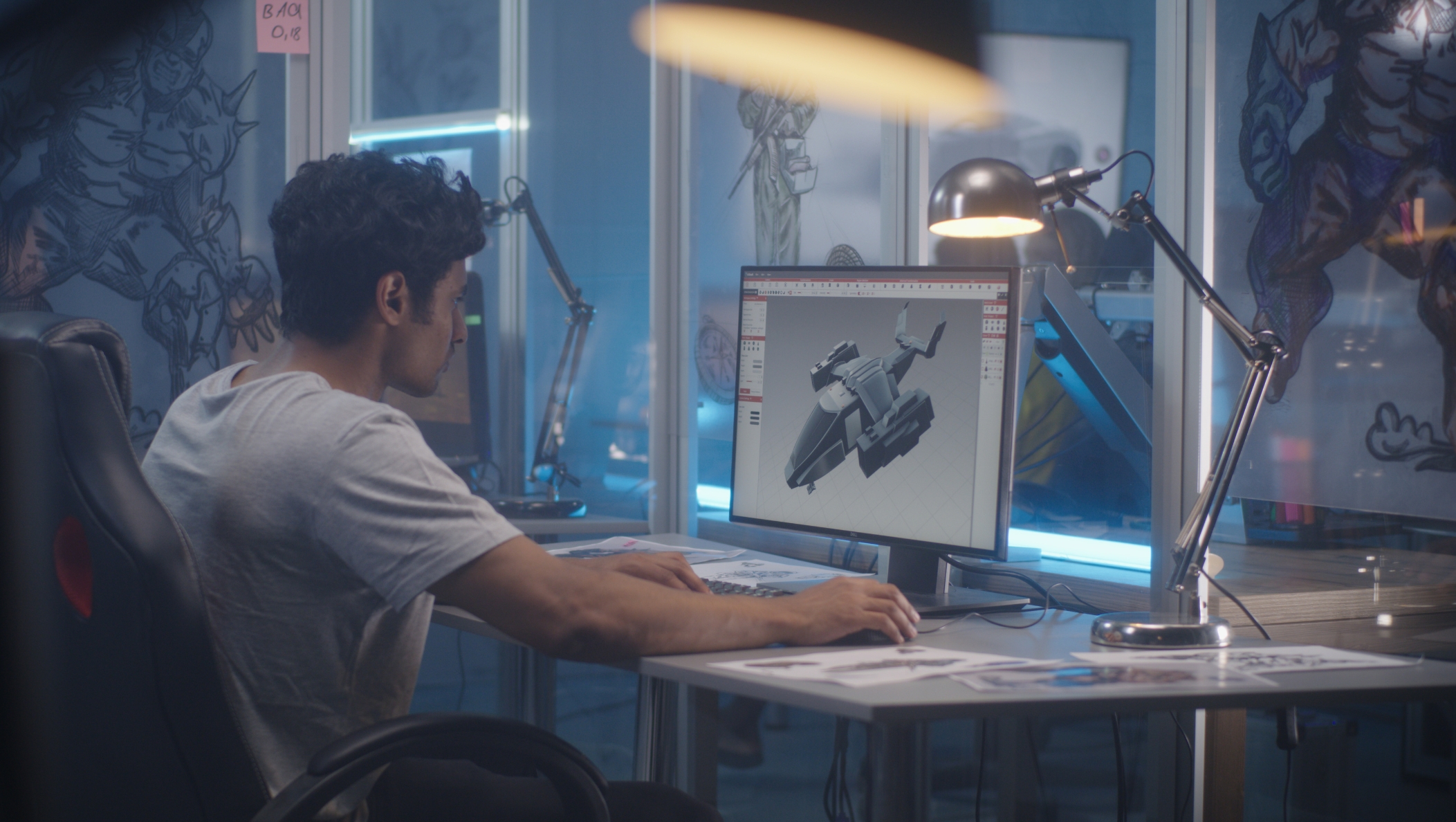

Video gaming has become an international phenomenon with millions of people enjoying the immersive worlds and thrilling gameplay the industry has to offer. However, gaming is also known for its lack of diversity and representation. For years, video games were predominantly marketed towards young European male audiences and marginalised communities, such as women and people of colour, have often been left out of the conversation.
Historically, video games were designed by men for men (Fron et al., 2007). This resulted in a lack of representation for women, both in terms of characters and design. Women were often portrayed as sexualised objects, with little agency or personality of their own. This lack of representation resulted in a toxic gaming culture where women are often harassed and excluded from the gaming community.
Similarly, young people of colour have also faced marginalisation in gaming. Games have often perpetuated negative stereotypes and harmful narratives, failing to represent these communities in a positive light. Kordyaka, Jahn, and Niehaves, (2020), alluded to the issues of toxic behaviour in online games and the negative impacts on the video game industry and its players. This has resulted in a lack of representation, exclusion and discrimination towards those who do not fit into the traditional mould of a gamer.
But in recent years, there has been a push for greater diversity, representation and inclusivity in the gaming industry. Many game designers and developers are now working towards creating games that are more inclusive and representative. This includes creating characters of different genders, races and sexualities, plus allowing for greater customisation options for players to create characters that better reflect themselves.
Additionally, there have been movements to create safe spaces for marginalised communities within the gaming community, such as women-only gaming groups, gaming spaces for people with disabilities and gaming events. These spaces provide places for people to come together, share experiences and build their own communities within the gaming world. This was evident from the pandemic; there were reports and anecdotes on how playing video games had positively impacted the players’ wellbeing, particularly during the lockdown (Barr, & Copeland-Stewart, 2022).
The representative workforce in our video games project, managed by Centric, in partnership with UKIE, seeks to explore and understand the barriers existing for people from marginalised communities accessing information and employment within the video game industry. Our positionality and accessibility to the seldom-heard communities provides the scope to unearth these challenges, the lack of opportunities to enter the workforce and the nuances within the locale. For example, we've already identified areas to investigate further, such as a better understanding of the different roles available in the interactive entertainment industry and the skill sets required.
These are some of the quotes from our project team members:
Researcher A:
“I believe the Black and ethnic minority communities, given more opportunities in this industry, information and awareness will thrive. The love, hunger and passion are already there.”
Researcher B:
“Overall, this project has successfully been conducted with sensitivity to the needs and perspectives of the BAME groups involved. The lack of diversity in the video games industry not only limits opportunities for BAME individuals but, also affects the industry's creativity and innovation potential.”
Researcher C:
“Working on this project, apart from giving me knowledge, helped me understand more about the gaming industry and there is an excellent field in this industry; as a fashion and tech-connected student, I could also see that there is a bridge between these two worlds. Many companies dedicated to fashion also use games to interact with customers, but in the same way, to look for a relationship for those who want a career more focused on animation - many of the skills that I have learned during my career, such as Drawing, illustration, among other programs, are used in gaming. It has been very educational to be able to listen to the experiences of the participants. I, an Afro-Colombian woman currently residing in London, observed that the lack of information and integration, either because of the language or unawareness, makes it difficult to pursue a dedicated career in this field.”
Researcher D:
“The gaming industry has really taken off and I have been able to observe this over the years due to my own interest. It has always occurred to me that more should be done within the UK. We seem to be watching the US expand in terms of networking and career opportunities, which needs to be replicated here, especially for seldom-heard communities. I hope this project is a stepping stone for better representation in the gaming industry, changing the stereotype and to be seen as a career choice that is not frowned upon, within the Black and ethnic minority communities.”
Overall, it's our hope that as the gaming industry continues to evolve, we will see more diversity, visibility and representation across all facets of gaming. By recognising the importance of representation and inclusivity, we can build a more vibrant and respectful gaming culture for everyone.
---------
References

COPYRIGHT 2021. CENTRIC. ALL RIGHTS RESERVED